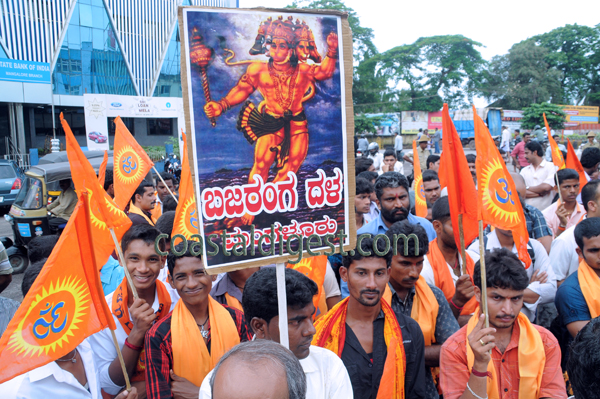
Mangalore, July 26: Raising voice against, what they termed 'minority appeasement measure by the UPA government', the hardline activists of Vishwa Hindu Parishad and Bajrangdal on Tuesday staged protest demonstration against the draft of 'Prevention of Communal and Targeted Violence Bill' in front of the Office of Deputy Commissioner here.
The angry protesters publicly burnt the copies of draft Bill.
Addressing the protesters M B Puranik, Pranth Vice President of VHP, said that the proposed Bill which is to come up in parliament session next month, would only create wider rift between communities and bring them at loggerheads destroying peace and harmony that now exists.
He said that the Bill prepared by National Advisory Council led by Sonia Gandhi with “anti-Hindu activists” like Teesta Setalvad, Harsha Mander, Anu Aga, Farah Naqvi, Sayyad Shahabuddin and others presumes that acts of communal violence could be indulged only by the majority Hindus against minorities (Muslims and Christians) and not vice versa. “The Bill was loaded against majority Hindu community,” he added.
Mr Puranik said that the provisions in the Bill were based on the premise that the majority community is always the aggressor and the minority always a victim.
He alleged that the Bill contains several draconian clauses like extending the charge-sheet period to 180 days during which suspects could be kept under custody, a separate agency to investigate and prosecute incidents of communal incidents and powers to the agency to attach property of the accused and if proven, guilty proceeds from those assets to be used for rehabilitation of riot victims.
Another local leader of VHP Jagadish Shenava went on to claim that the Bill was biased against Hindus and it was time to protest against it effectively to check the government from bringing in the legislation. He also alleged that it was part of the UPA government's policy of appeasing minority communities. “It would not be applicable in Jammu and Kashmir and to riots where communities other than Hindus are involved” he pointed out.
Hindutva activists Sharan Pampwell Manohar Thulajaram, Jagadish Shenava, Gopal Kuthar and Shivananda Mendon were among the protesters.
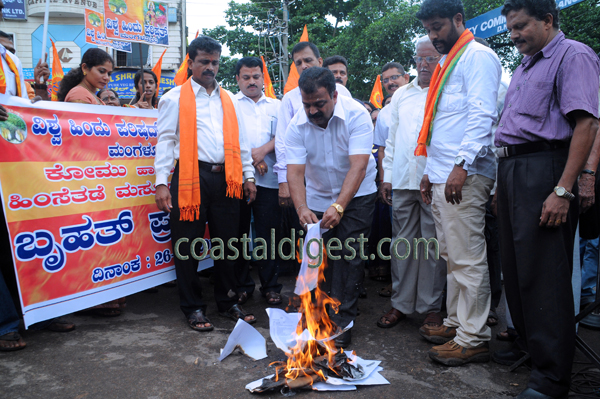
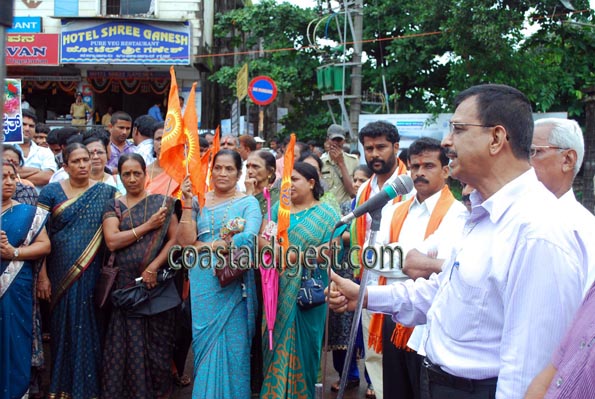
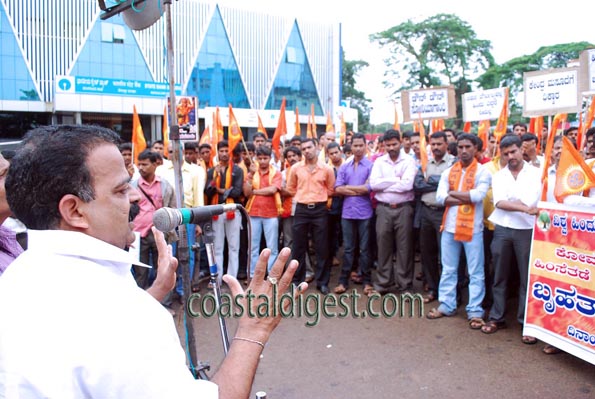
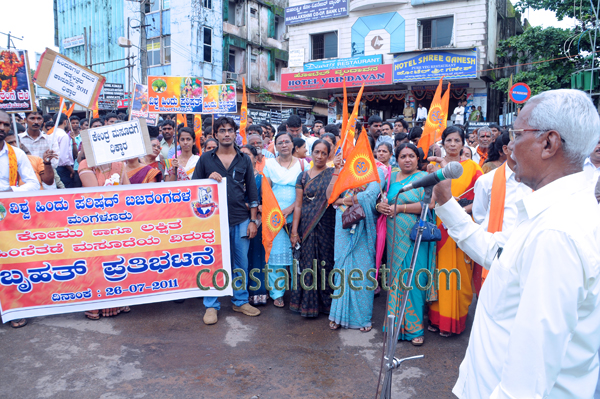
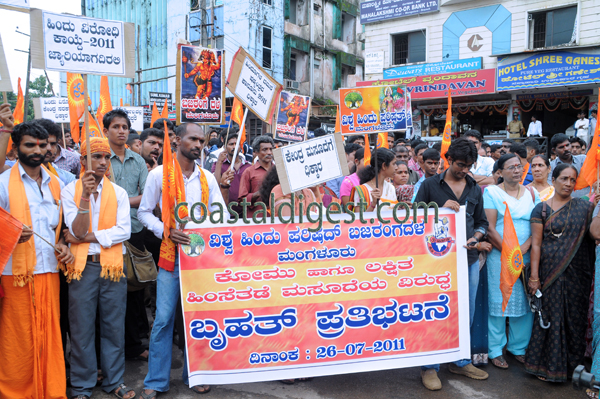
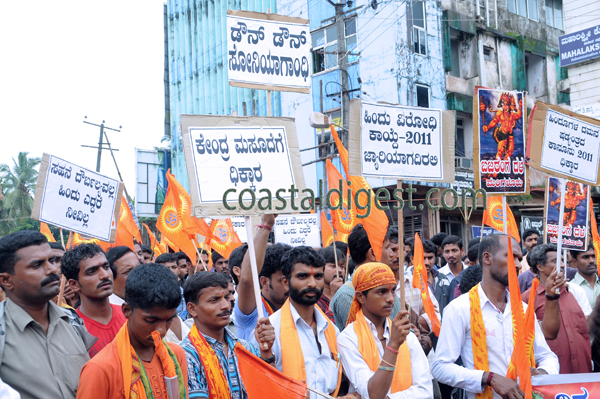

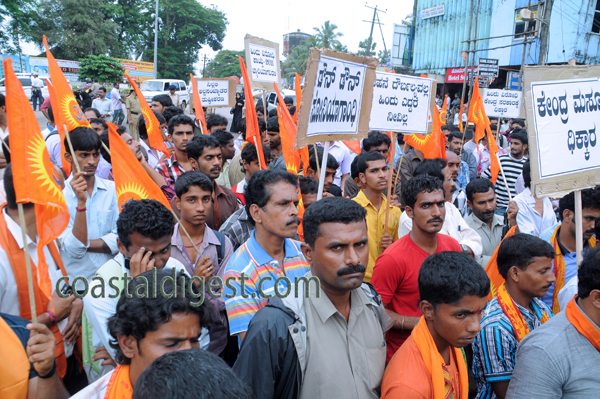
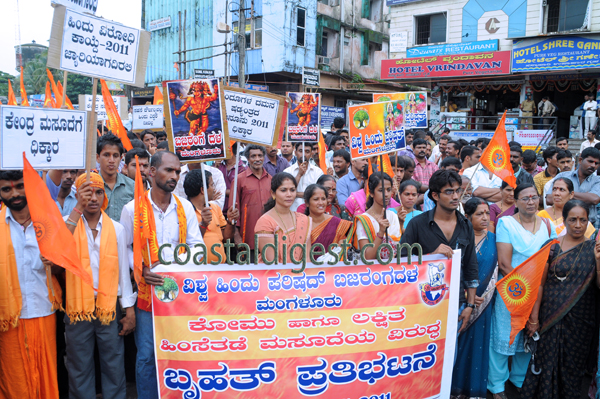
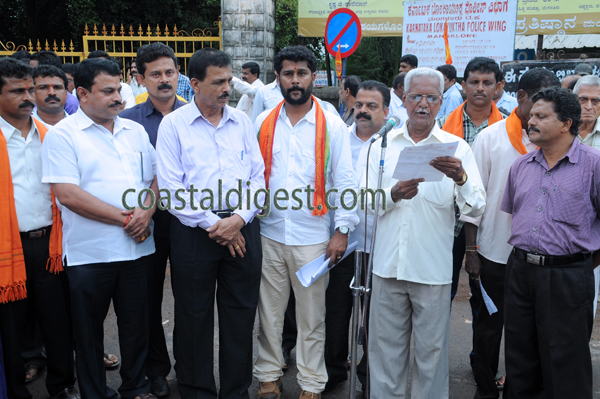
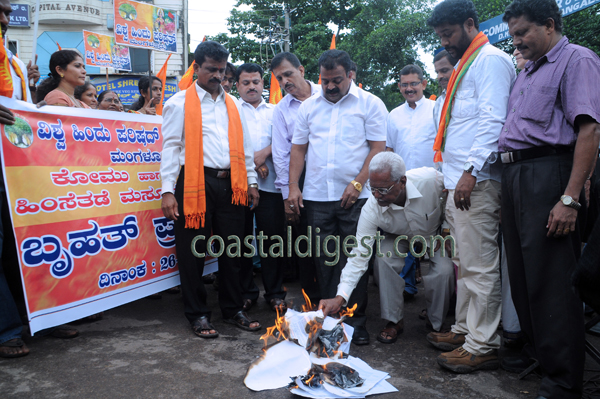





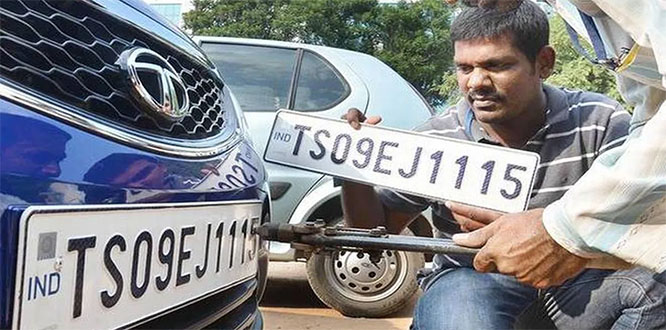
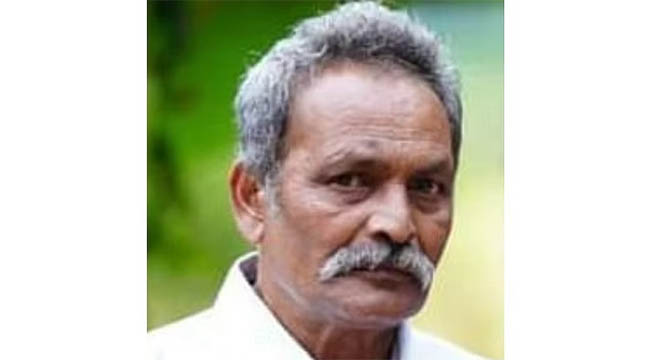

Comments
Add new comment